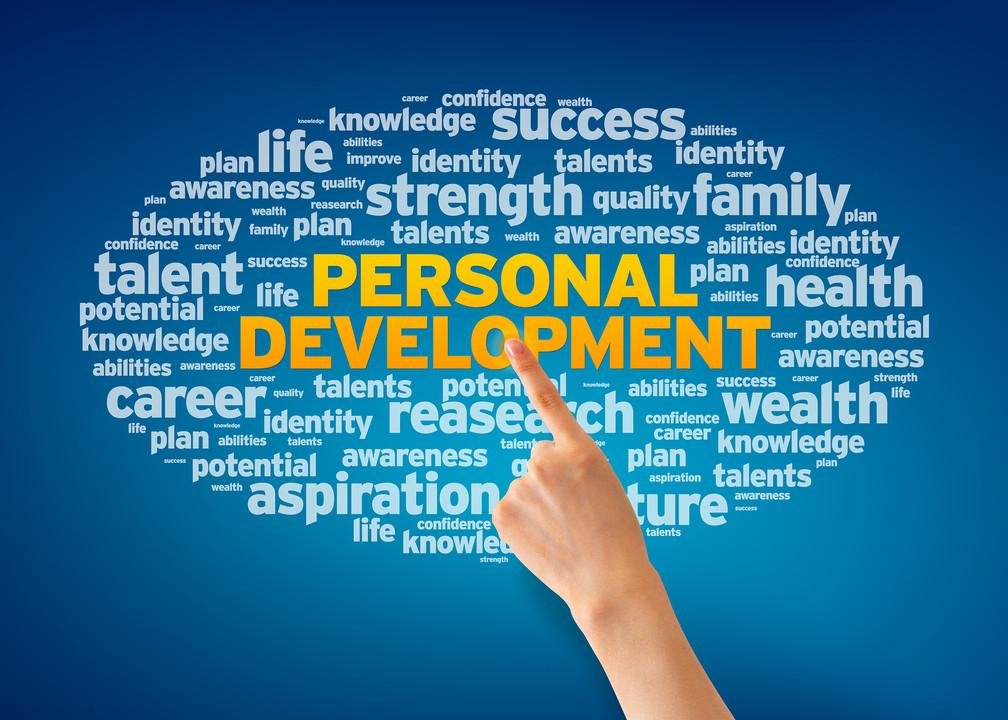How Communication Can Heal or Destroy Any Relationship

In every human connection—whether romantic, familial, professional, or platonic—communication is the bridge that links two hearts, two minds, and two worlds. That bridge, however, can either be a pathway to healing or a fault line that fractures the bond.
The Power of Words: A Double-Edged Sword
Imagine two people sitting in silence after an argument. One wants to apologize but doesn’t know how. The other waits for a sign that they still matter. In this moment, what is left unsaid is as loud as what was said in anger. This is the delicate balance of communication—it can be the balm that soothes wounds or the salt that deepens them.
Words have the power to comfort, to connect, to affirm. A simple “I hear you”, “I’m sorry”, or “I love you” can rebuild broken trust and mend emotional scars. When spoken with sincerity, words act as healing instruments, validating emotions and creating safe spaces for vulnerability.
But the same mouth that speaks love can also unleash destruction. Criticism that cuts too deep, sarcasm that belittles, or silence that isolates can turn intimacy into distance. It’s not just what we say, but how we say it—and what we choose not to say—that defines the emotional climate of our relationships.
Listening: The Underrated Healer
Communication isn’t just about speaking. In fact, listening is the heartbeat of meaningful conversation. When we truly listen—not to respond, but to understand—we allow others to feel seen, heard, and valued.
Think of the friend who sits beside you during your darkest hour, saying little but listening deeply. That presence, that attention, can do more than any advice. It says: “You’re not alone.” In relationships strained by misunderstanding, simply listening without judgment can spark healing and reconnection.
Miscommunication: The Silent Destroyer
Much of the conflict in relationships stems not from malice but from miscommunication. A partner says, “I need space,” and the other hears rejection. A parent says, “You can do better,” and the child hears, “I’m not enough.”
We filter words through our emotions, past experiences, and fears. That’s why clarity is essential. Asking, “What did you mean by that?” or saying, “This is how I interpreted it, is that what you intended?” can prevent assumptions from turning into resentments.
When Silence Becomes a Wall
Sometimes, the absence of communication is more harmful than words spoken in anger. Emotional withdrawal, the silent treatment, or avoiding difficult conversations can create emotional distance that’s hard to bridge.
While space is sometimes needed, silence can breed misunderstanding, insecurity, and loneliness. Relationships starve in silence and thrive on healthy dialogue.
Healing Through Honest Conversation
Healing communication involves empathy, vulnerability, and courage. It’s not about always being right, but about being real. It’s saying, “I was wrong,” or “That hurt me,” without fear of judgment. It’s opening up even when it's uncomfortable, because the relationship matters more than the ego.
Couples who communicate openly about their fears, dreams, and triggers are more likely to grow together. Friends who speak honestly, even when it’s hard, build trust that lasts. Families that confront rather than conceal their struggles often emerge stronger.
In Conclusion: Choose Words That Heal
Communication is not just a tool; it is the lifeline of any relationship. It can build bridges or burn them down, stitch wounds or reopen them, bring hearts together or tear them apart.
In a world full of noise, be intentional with your words. Speak with kindness. Listen with compassion. Express with honesty. Because at the end of the day, relationships rise or fall on the strength of how we communicate.







